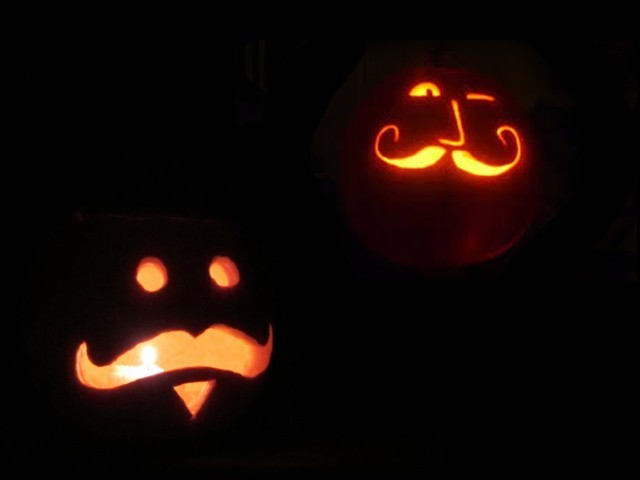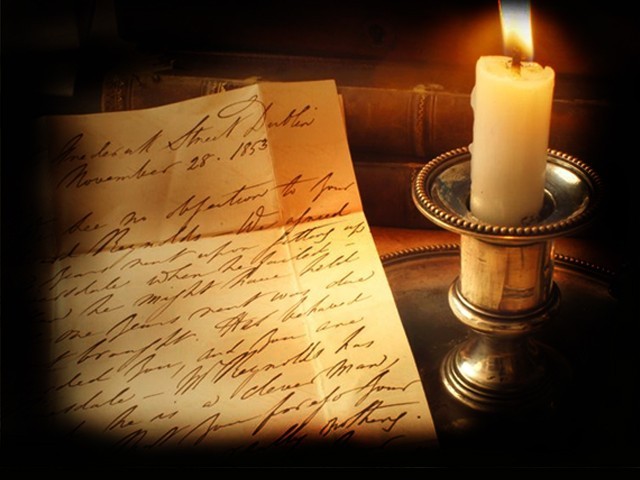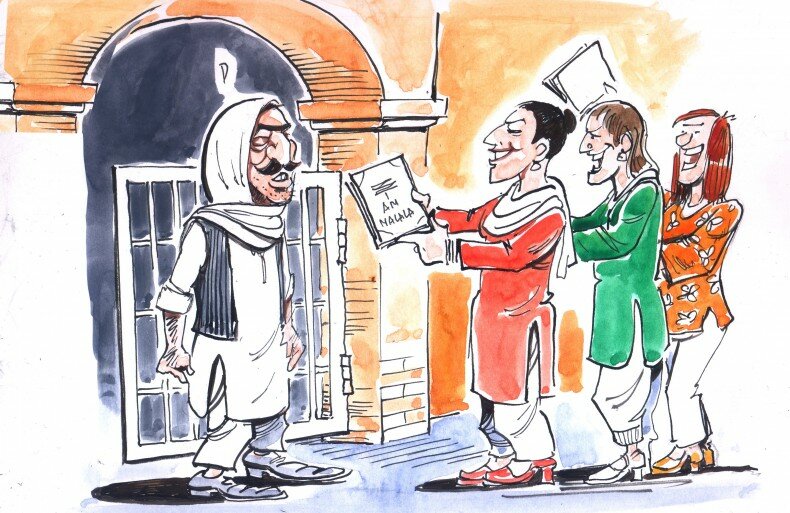http://pique.pk/wrestlers-pigeon-fanciers-and-kite-flyers/


Traditional sports and pastimes in Lahore by Jurgen Wasim Frembgen and Paul Rollier
The particular version of ‘Islam’ gaining ground in Pakistan today discourages communal life by denouncing laughter and recreation, and those who indulge in them. As a result the people of Pakistan are increasingly divested of communal activities and ties, and overwhelmed by financial and other pressures. The country is therefore more and more divided along religious, sectarian and ethnic lines. These divisions were never as deep, nor were they ever as raw and exposed.
The two authors of this slim hardbound publication by Oxford University Press Pakistan, 2014, came to the same conclusion when they studied these particular recreational activities (wrestling, pigeon keeping and kite flying) and their status today. These sports may be counted as the three of the most popular recreational pastimes specifically in Lahore’s Walled City which lies at the heart of the city of Lahore.
The authors observe that ‘within the contemporary stream of conservative, and often rigid, scriptural Islam, the passion, pleasure, enjoyment and happiness of a worldly pastime, such as kite flying, is seen…at best…with suspicion and disregard.’ It mentions the maulvi of a mosque near Lahore who said, ‘Basant is a bakvas and un-Islamic activity that has come down to us from Hindus. We must get rid of this curse.’
It was not always this way. Poets have waxed lyrical about these sports and painters have painted them. Said Amir Khusrau: ‘Why are you sleeping, sleepyhead? Your fate does not slumber Celebrate Basant today, O beautiful wife, celebrate Basant today!’
Much earlier in the sixteenth century the Lahori saint Shah Husain invoked this image in his poetry: ‘The Beloved holds the string in his hand, (and) I am his kite.’
The book is an overview rather than an in-depth study, and is extensively researched and includes meticulous references, citations and notes, many photographs and interesting information about these popular sports that one knows little about. Did you know for example that those high tower-like cages made of bamboo and wire built on top of residential houses are actually bird catchers and not the aviaries favoured by pigeon fanciers. The aviaries are spread horizontally and rarely exceed six feet in height. ‘The architecture of the cage therefore indicates whether one keeps pigeons as a hobby or for making a profit.’
We know that Basant heralds a short season of joy before the long hot summer, that it was originally held in Sufi shrines, and that Mirza Ghalib was an avid kite flyer. But then the book covers a variety of kite and string making information, and kite flying techniques which you may not be aware of.
About wrestling one learns that the head (khalifa) of a traditional wrestling gymnasium (akhara) and his students are ‘organised very similarly to the Sufi orders and guilds of craftsmen.’ That before the twentieth century, before the ‘Kalashnikov culture’, the khalifa wielded authority over his area as a local strongman, and often the head of the village who settled disputes. He was respected for his justice, character and skill in wrestling. Members of the akhara were mostly unmarried men, who married once they reached their mid thirties and gave up their active careers.
Recently, the International Olympic Committee ‘revised the rules and Pakistan failed to qualify for the event in the past two Olympics (sic).’ The reason is primarily the failure to adapt to the rules under which wrestling takes place in the Olympics.
Sadly it seems that the ability to adapt has been a problem for each of these sports. In the case of kite flying the baby has been thrown out with the bath water. This is because the string used to fly the kite is at times coated with glass, or wire is used instead, and these have caused many fatalities. People have also died when they lost their balance jumping from rooftop to rooftop in pursuit of a kite. Rather than making arrangements for safer venues and regulating the string used in this sport the celebration of basant has been declared illegal in Pakistan. This book is of value in understanding these issues; at the least it provides an awareness of a rich cultural heritage, at best perhaps solutions to sports which have lost their luster and are threatened with extinction.
About the authors of the book
Jurgen Wasim Frembgen Islamist, anthropologist, writer and Senior Curator of the Islamic Collection at the Munich State Museum of Ethnology is a Professor of History of Religion and Culture of Islam and a visiting Professor in Lahore, and the USA.
Paul Rollier Frembgenan, a PhD in Social Anthropology from SOAS in London was at the time of printing a post doctoral research associate in Social Anthropology at University College, London.






